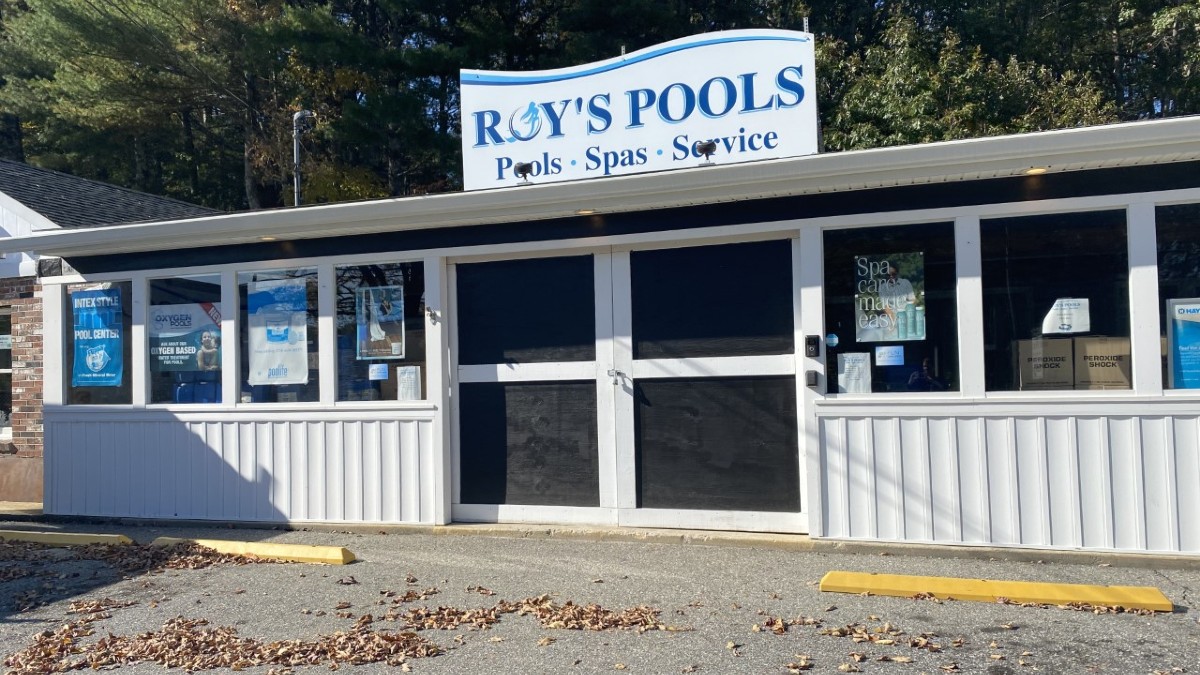Hartford Public School teachers and parents spoke out Wednesday at Hartford School District’s Board of Education meeting with concerns that there may be life-threatening chemicals in their schools.
This all stems from an NBC Connecticut Investigation that found that six school buildings in the district that could contain the chemical, have never been tested.
Polychlorinated biphenyls, or PCBs, are synthetic chemicals that were widely used between 1950 and 1979. They become airborne over time and are believed to cause a number of health problems – including cancer.
Teachers on Wednesday said they want to speak up for themselves, but also, for their students.
“We hope they take the responsibility to do what’s right and test the schools,” said Joshua Hall, who was a teacher in Hartford for 12 years. He’s now a local union vice president representing Hartford teachers and a state representative (D - District 7).
After digging through DEEP records detailing PCB testing at Hartford schools, we found six Hartford School buildings still open today have never been tested for the dangerous chemical. Exposure to PCBs at high levels is believed to cause serious health problems including cancer.
For 30 years, Mildred Padin said she worked as a paraprofessional at Batchelder and now wonders if her cancer diagnosis could be connected. She asked the board to test the school to see.
Local
“I'm one of those people that came out of those schools, so I'd really like to know if it's yes or no,” said Padin.
When it comes to testing and remediation, cost becomes a huge factor. Board member Craig Stallings said the ball is in the common council’s court.
“Because the board doesn’t fund itself, we cannot afford testing by ourselves,” said Stallings.
Robert Camacho also attended Wednesday’s meeting. He has two children attending Montessori Magnet at Batchelder and says he and other parents are organizing to raise funds to do the test themselves.
“We should know when we drop off our children that they're going to a safe environment. They trust us to do that,” said Camacho.
Hartford Public Schools acknowledged they have remodeled a number of schools that were built with materials potentially containing PCBs and replaced them with non-PCB building materials. Those schools are Annie Fisher, Global Communications Academy, Hartford Public High School, Environmental Science Magnet at Mary Hooker, Kinsella Magnet, and Weaver High School.
There are four more schools they plan to fully renovate starting in 2020. Those schools are Bulkeley High School, beginning in 2020, Wish School in 2021, Batchelder in 2022, and Parkville in 2022.
This leaves the three following schools without testing or plans to fully renovate: Achievement First Academy, Breakthrough II and Pre-K Magnet.
Amanda Pinto, a spokesperson for Achievement First, said they have scheduled testing for winter break, which starts Friday.
“Exposure to PCBs is associated with a variety of health problems, including low birth weight, cancer, and impaired cognitive development in children for-- just to name a few,” said Dr. Nicole Deziel from the Yale School of Public Health when we interviewed her for our first report.
Earlier this month, the local union representing teachers and much of the districts support staff filed a complaint with ConnOSHA, the agency that enforces workplace safety and health regulations, regarding the untested schools.
ConnOSHA said their complaint was received and is being processed.
“As teachers and as stakeholders our primary responsibility is to keep people safe—not only students in their schools but also teachers in the places they work,” Hall added.
When NBC Connecticut Investigates interviewed a member of the board, he said funding is a big part of the reason they haven’t tested all of the schools in question.
A release from the superintendent said that “… we are guided by the appropriate state and federal agencies to establish and maintain a compliant approach for the management of potential PCB materials in our buildings. There is presently no requirement to test for the presence of PCBs in building materials.” It goes on to say that “Responsibility for the management and oversight of school building renovations is held by the Hartford School Building Committee and its contracted construction program managers. Hartford Public Schools is working with our environmental consultant to review the current management plan relative to school buildings built between 1950-1979 that have not been fully renovated.”
When they did test for PCBs at the Clark School on the North End of Hartford back in 2015, the results came back with PCB levels so high the school had to shut down entirely since it was no longer safe for people to be in the building.
The City of Hartford and the Hartford Board of Education filed a lawsuit in 2015 against Monsanto Company, Solutia Inc, and Pharmacia Corporation saying the companies were aware PCBs were dangerous but produced products containing them anyways. They are seeking damages for the cost to investigate and remove the toxins.
The companies are fighting back against the lawsuit and deny wrongdoing.



